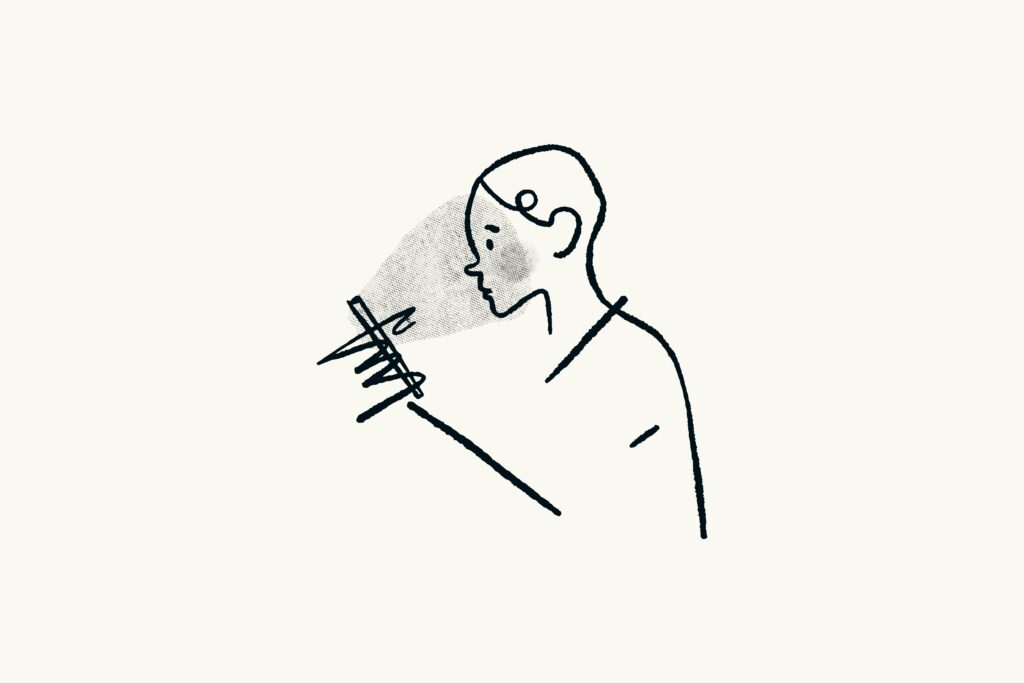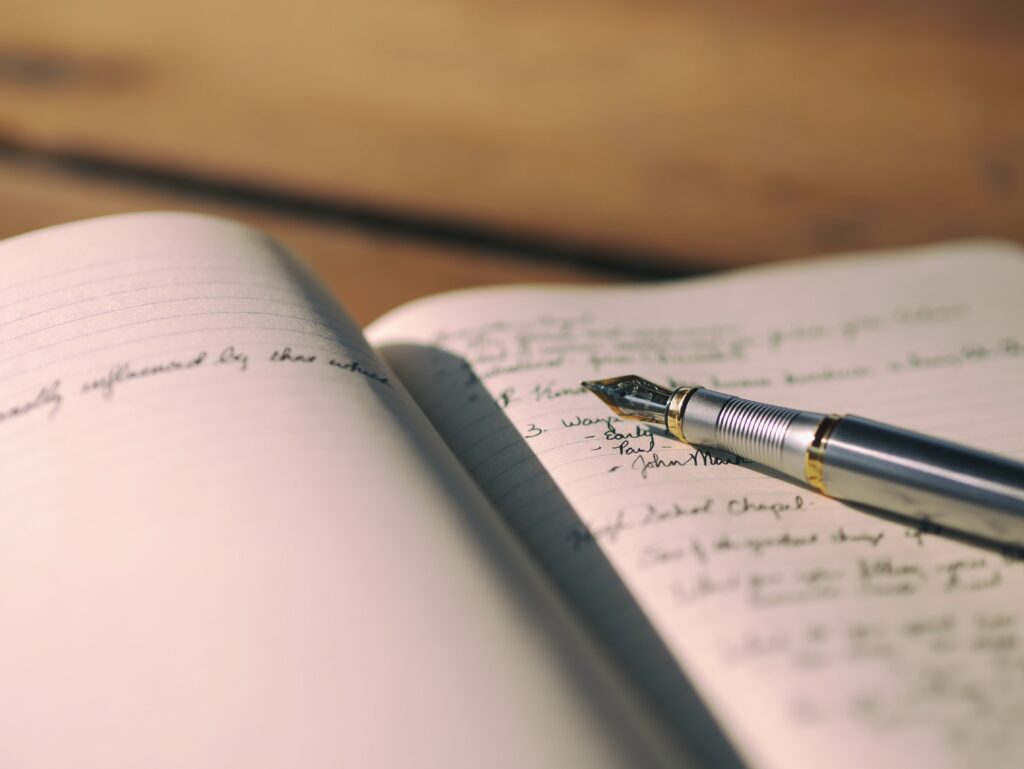Anxiety is often considered the result of uncertainty about the future, whilst depression can arise from a bleak outlook on what lies ahead. Though these are simplistic notions of mental health issues, they can be useful starting points in distilling how mental wellbeing is affected by our perception of what’s to come.
During the covid-19 pandemic, our familiar routines and plans for the future have fallen away, leaving nothing but the uncertainty of the present. This has led to an exacerbation of mental health issues, as over half of adults and two-thirds of young people said their mental health got worse during the first lockdown in April and May of 2020*. These issues continue to embed themselves amidst loneliness and uncertainty, as we’re now one year into these long periods of isolation.

One of the main factors which affects our ability to nurture our own wellbeing, is a lack of human contact. As social creatures, we not only want, but need, to speak to a variety of other people in order to organise our thoughts. Now, unable to speak to friends or access therapists as easily, our thoughts become muddled and heightened – including those anxious or upsetting ones. A way in which we can deal with this mental discordance is to organise and communicate through other means, one that doesn’t necessarily involve anyone else, yet allows us a form of social therapy nonetheless: writing.
Journaling is one approach to writing for your wellbeing, focussing on the sole purpose of addressing your thoughts and feelings throughout the day. Although it may seem trivial to begin with, writing down your musings or recollections is a useful exercise in discipline and reflection. You can type your ideas, or write by hand, because the benefit stems from making the exercise work for you. Whether you write two lines, or two pages, a day, ensure that you’re getting what you want from your journal. There are endless journal prompts online, on sites such as Pinterest and Tik Tok. You may want to write about your worries, or even what you’re grateful for. You’ll find that putting your feelings down on a page helps allow yourself to let go of the stresses of the day.
Not only is journaling ideal for documenting ideas and emotions, but it also allows us to remember what we got up to. This helps separate the days from the weeks that all seem to merge into one another. Journaling can be an important exercise in mindfulness as well as memory.
If quiet meditation isn’t your style, there’s always the option to blog your way through lockdown. Many people have turned to blogging as a way of coping and connecting during isolation. Setting up a blog is really easy, and ideal for reaching out to a select few people, or a wider audience. Whether you want to share what you’ve been cooking, write opinion pieces, short stories, or simply post about your day, there’ll always be readers who are keen to connect. Blogging can be a simple way to find people who are going through the same things as you, to learn from each other and feel less lonely.
Whilst writing about your life may have some appeal, it’s not for everyone. During a pandemic, you probably feel like you’re trapped in Groundhog Day. We’re caught in a loop of waking up, working, eating, working, then perhaps baking a lockdown banana bread – if we’re not all sick of them by now. The joy of writing is that it allows you reflection, but also an escape. If you can’t think of anything worse than writing about your day, then fiction and storytelling is a glorious solution.

Personally, reading has provided me with some much-needed grounding throughout this year, which may sound odd, as books are generally thought of as a way to escape to another world. They serve as my primary source of inspiration for writing. I find reading engaging, as it is an active process, unlike watching TV or scrolling on my phone. The act of reading forces us to build the story world ourselves; therefore challenges the reader to move, mentally, from that spot on the sofa they haven’t left since last March.
Reading is a great exercise in restoring mental wellbeing, whether it’s an indulgent romance, or War and Peace, the point should be that you enjoy it. No one can judge your choices. It’s called reading for pleasure, for a reason. Reading is undoubtedly the best source of inspiration for your own writing, as it can provide you with endless ideas and creative goals.
To extend the act of reading, writing your own stories can be rewarding when you’re looking for a new challenge. The beauty of both reading and writing, is that no one needs to know what you choose to read, or produce, if you don’t want to share it. Some people make time to write in the morning, whilst others opt for tapping away on their laptop through the night. Writing provides a way of escaping everyday routine, whilst taking a moment to be present.
Whether you decide to engage in journaling, blogging or writing stories, each way you choose to express yourself and your creativity is equally valid. You have nothing to lose from putting aside half an hour of your day to explore what’s going on in your head, behind the scenes. Regardless of the method that works for you, you’re sure to unveil some of the inner workings of your mind. Often, we’re not even aware of the thoughts that linger on our subconscious, as lockdown has switched us into autopilot.
Whilst it is speculated that anxiety is a fear of the unknown, and depression is a lack of hope about the future, writing allows us to reflect logically on the past, and look to fantastical imaginings of what could be. Through writing, we can find ways to engage with those around us, even when they’re not near; and our own minds, even when they’re not clear.
*Source: Mind 2020
Author of The Life Chronicles, a creative writing column for RAZZ Magazine, Emily’s work has appeared on The Litro Lab Podcast, in Enigma Journal, Ginosko Journal, The Tilt and Disgraceful Magazine. She assisted in the publication of The Riptide Journal Vol.12 and has upcoming publications in The Final Girls.
Emily is currently studying an MA in Creative Writing in Bloomsbury, London, whilst redrafting her debut novel. You can find her on Twitter @Emily__Beee.
Return to News & Features
